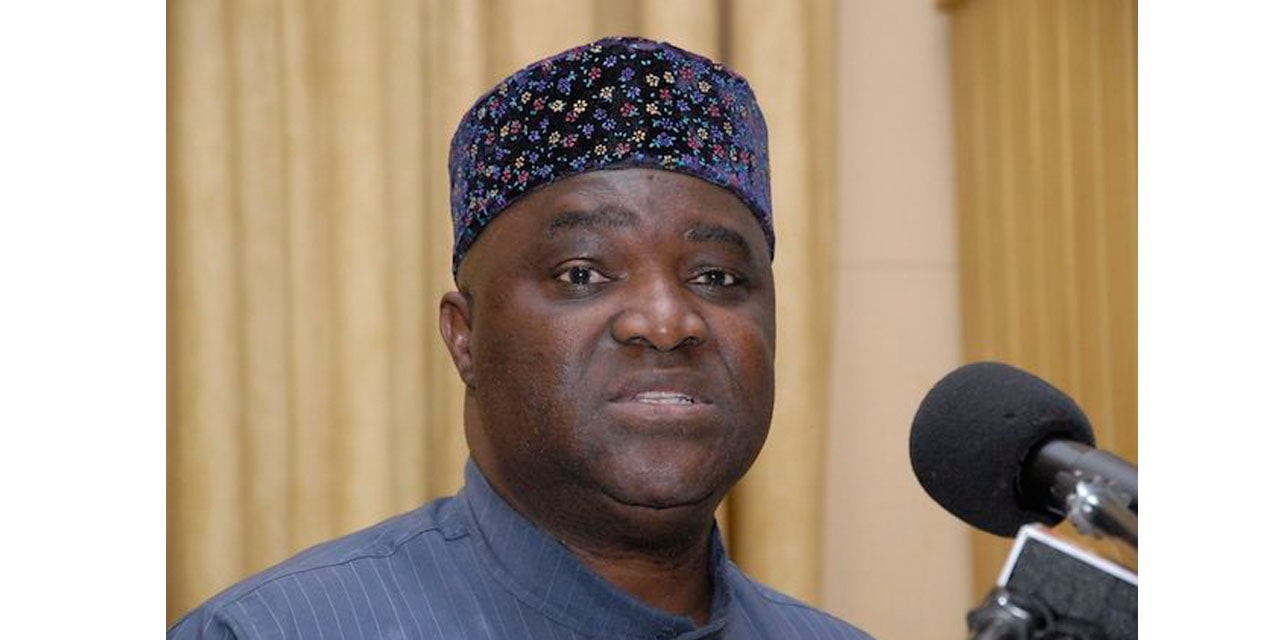Martin Endjala
The Ministry of Home Affairs, Immigration, Safety and Security Albert Kawana has requested about N$5.83 billion to be allocated to carry out its mandate.
Kawana made this request in yesterday’s National Assembly session, when tabling the MHASS budget motivation.
The MHASS is mandated to manage national population register, facilitate lawful migration, provide international protection and support asylum seekers and refugees, as well as to ensure internal security, by maintaining law and order, and provision of safe custody, rehabilitation and reintegration of offenders.
“It is against this background that vote 39 is divided into 11 programs”, Kawana stated.
A noticeable shared of the budget is being directed towards combating crime, requesting for a further 3.67 billion dollars. The combating crime program is fourth on the list of the intended mandated programs of the MHASS.
The program helps in combating crime in the country, and enabling the police to work with stakeholders, including government institutions and non-governmental institutions, which also involves business entities and the community at large, as well as regional and international organizations.
Kawana also stated that it is under these programs that nation’s crime prevention operations are carried out as well as intelligence on crime activities is collected and crime investigations are conducted.
In the 2021/2022 financial year, 89 530 crime cases were reported, out of which only 38 167 arrests were made.
Kawana further pointed out that including carried forward cases from the previous year, about 112 434 cases were cleared, translating to a 44 percent clearance rate. However, this falls below the 50 percent targeted rate.
A combined total value of N$41 million illicit drugs was seized, which included mandrax, cocaine, and cannabis during various intelligence-led operations. 770 suspects were also arrested for wildlife crimes.
Furthermore, the police recovered illegal assets worth N$35.83 million, through its investigative efforts, in line with the Prevention of Organized Crime Act. These assets were forfeited to the state.
Kawana also shed light on concerns about road accident fatalities in the country, lamenting that efforts are being made to intensify traffic law prevention activities both on the B1 and B2 roads, as well as on the Trans Kalahari corridor operations with neighbouring countries, through supplemented national joint law enforcement.
The minister assured that they have maintained good bilateral cooperation with their neighbouring counterparts in battling cross border crimes.
The ministry is concerned about the aging special force directorate members patrolling borders, emphasizing that replacement is urgently needed, while stressing that recruitment could also alleviate the high unemployment in the country. About 2000 members per annum are recruited for a period of at least two years.
Ndumba Kamwenyah, a political commentator argued that the ministry should come up with plans on how to utilize the funds they get to make an impact in delivering services to the people.
“Receiving huge chunks of funds, does not necessarily guarantee that they will do a good job, but they need to do more with the little they have,” Kamwenyah opined during an interview with Windhoek Observer today.
Kamwenyah, emphasized that budget motivations should be backed up with justifiable evidence, and that ministries should be more transparent and opened their books, for the public to see how much was used and which programs take most of their budget.
The commentator further argued that there are other programs that also need attention apart from just combating crime, adding that ministry’s needs to be more cognizant of the fact that the country is still battling with the inflation.




